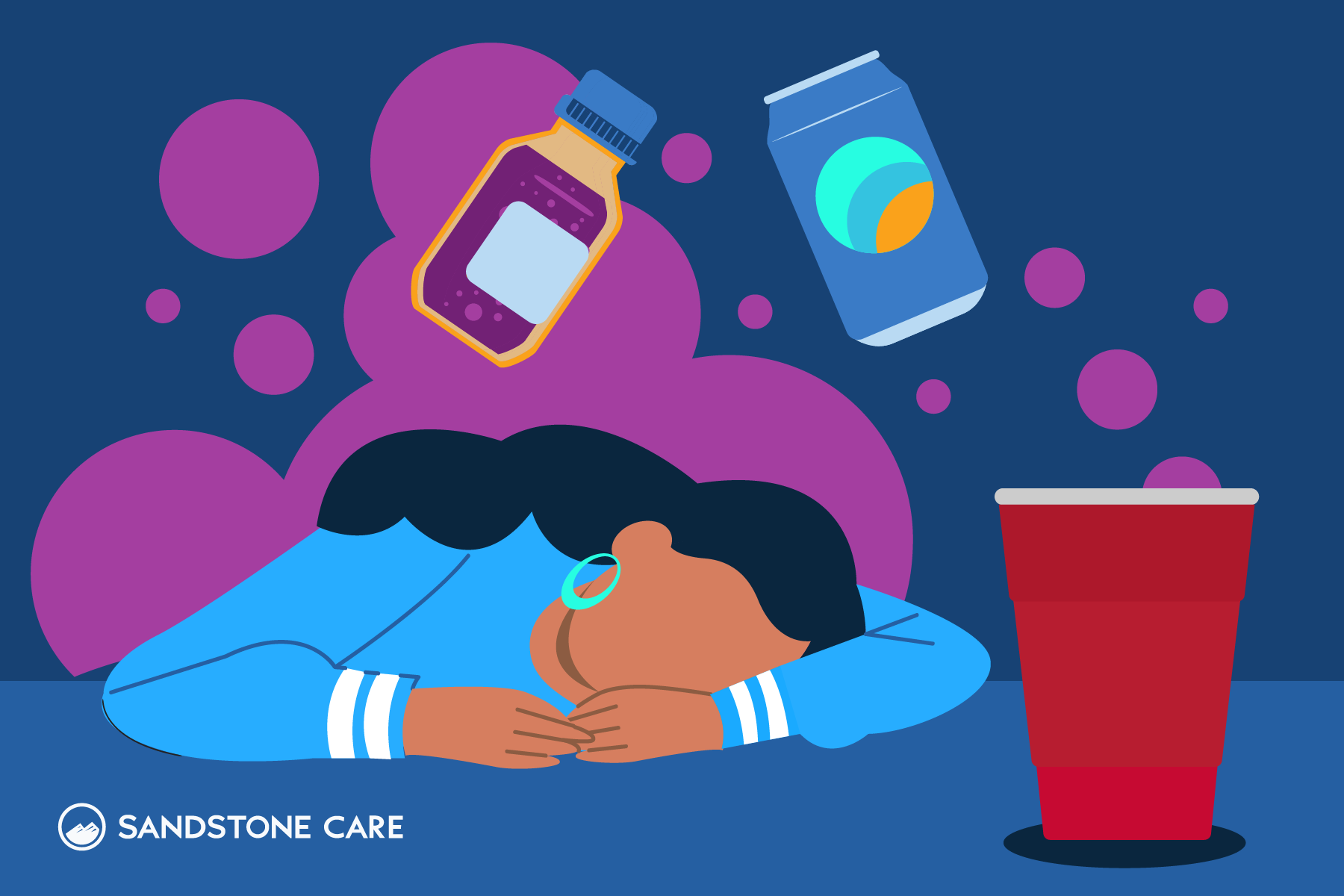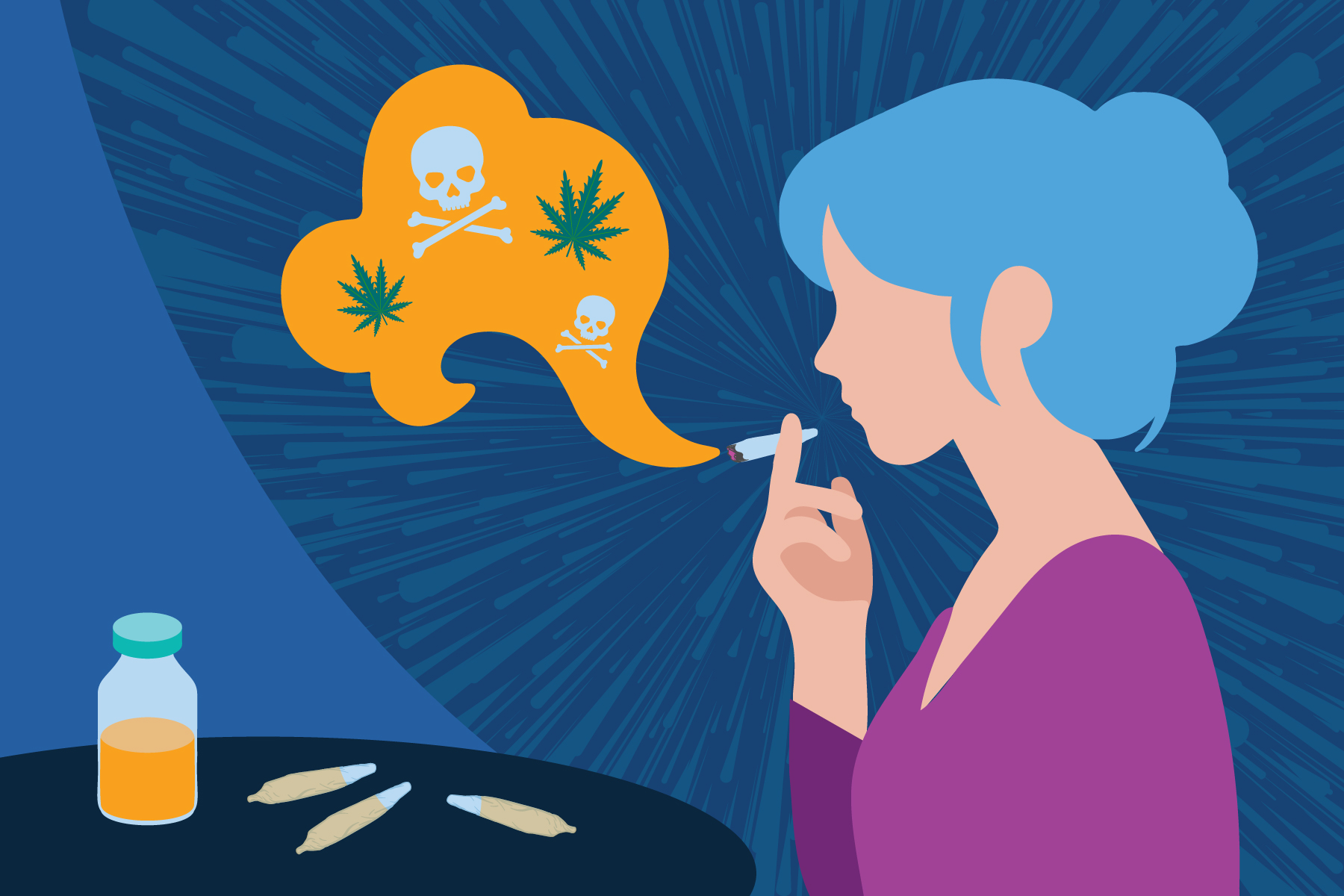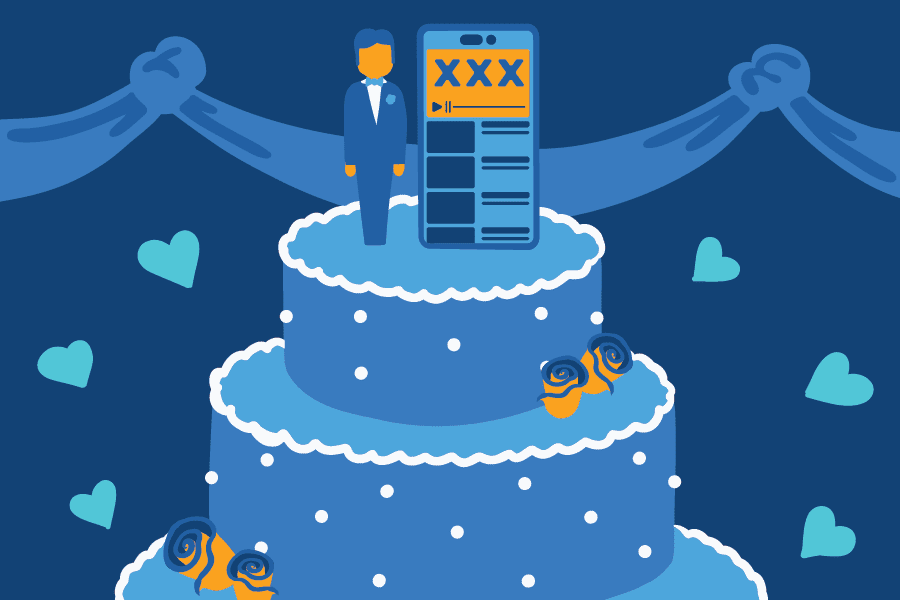What is Prescription Stimulant Abuse?
Life for young people is stressful. Pressures are high – whether for a big test or a high-stakes competition, it’s tempting for teens and young adults to turn to medications to boost their energy and focus.
As a result, a lot of young people misuse prescription stimulant medications designed to treat attention-deficit disorder (ADD) or attention-deficit hyperactivity disorder (ADHD). Because these drugs are so commonly prescribed to young people, they’re often able to easily obtain pills from friends who have a prescription.
But because these substances can be habit-forming and dangerous, it’s important for young people who are misusing them to get the help they need to stop as soon as possible.
ADD/ADHD medications are designed for young people who have been clinically diagnosed with these disorders.
Prescription stimulants are chemically similar to methamphetamine, and they help young people manage symptoms such as impulsive behavior, hyperactivity and struggles with attention.
The most common ADD/ADHD medications include methylphenidate (Ritalin), amphetamine or dextroamphetamine (Adderall) and lisdexamfetamine (Vyvanse).
Effects of Adderall, Ritalin and Other Prescription ADHD/ADD Medications
Researchers believe that ADD/ADHD is caused in part by brain signal problems; the prefrontal cortex is less active for people with ADD/ADHD.
ADHD medications like Ritalin, Adderall and Vyvanse are stimulants; they work by arousing the prefrontal cortex, allowing people with attention problems to concentrate better and focus for longer periods of time.
The main reason teens and young adults abuse these drugs is to improve their performance in school or at work.
Because Adderall and Ritalin improve focus, they’re attractive to young students and athletes who have tiring schedules but need to study or train intensively. These medicines are seen as a way to stay awake longer and concentrate better.
But the performance-boosting properties of prescription stimulants are short-lived. When young people take ADHD medications without a prescription, areas of the brain are stimulated more than they’re supposed to be.
The results might include desired effects such as more alertness and higher metabolism, but they can also include irritability, anxiety, sleep deprivation and, in more extreme cases, stimulant-induced psychosis.
A major risk of these substances is addiction. With repeated use, users may eventually find that they need these drugs to function normally.
This results in larger doses and even more frequent use, causing the body to develop tolerance and eventually addiction.
Signs of Amphetamine Misuse
Teens and young adults are most likely to misuse ADHD medication during times of high academic stress, such as preparation for exams or college-readiness tests like the ACT or the SAT. If your child is binging on these drugs, you may notice excessive energy, talkativeness, dilated eyes and a lack of sleep.
Teens on stimulants may stay up all night studying, playing video games or doing other activities. These medications also tend to reduce appetite, so you may notice a drop in their weight.
After they’ve binged and crashed, users might sleep excessively; they might also be irritable, depressed or lethargic.
Help for a Loved One Struggling With Prescription Stimulant Abuse
If your teenager is misusing ADHD medications, take the situation seriously – stimulant abuse can have serious effects on teens’ developing brains and overall health. In some cases, it can also lead to abuse of other stimulants like cocaine and meth.
At Sandstone Care, we provide a safe space where your child can process their issues and learn to develop healthier coping strategies. We offer teen residential treatment in Colorado Springs. Our caring and compassionate team is fully equipped to help them make the changes they need to live a fuller, healthier, happier life. Call us today at (888) 850-1890 to learn more.






